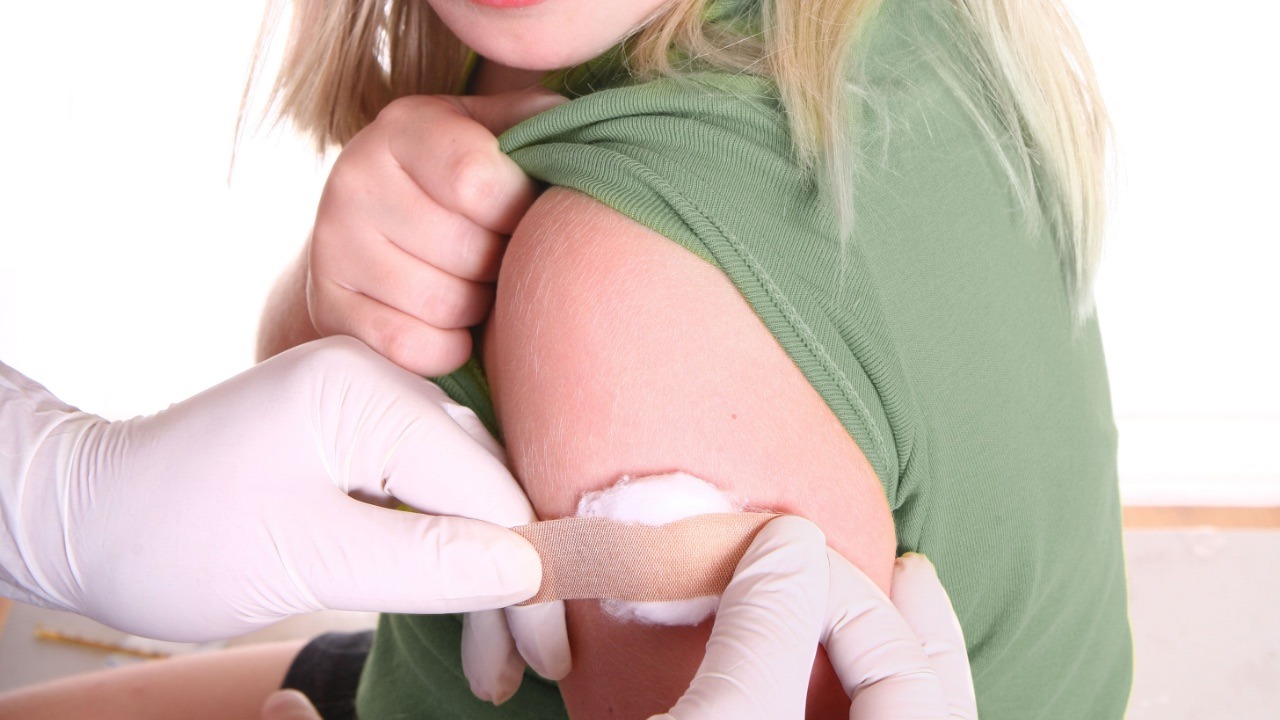Pharmacy Association of Nova Scotia: Comprehensive Diabetes Education
$399.00 $299.00
Description
Description:
This comprehensive program is comprised of over 20 online modules and one live webinar. It is designed to help you to fully prepare and pass the CDE Exam. In addition, the program meets the educational requirements by the Ministry of Health (MOH) to provide the MedsCheck for Diabetes service.
The program covers various aspects of diabetes management and is taught by subject matter experts who put a strong emphasis on providing education for the self-management of diabetes. Participants will have access to an interactive tool that provides MOH documentation forms, checklist forms containing patient teaching points for various areas of diabetes care, reference resources for pharmacists and patients.
Learning objectives:
Module 1 – Complications and Screening
- Describe the microvascular complications of diabetes
- Discuss the associated macrovascular complications of
- diabetes
- Describe the appropriate screening times for diabetes
- complications
- Identify the screening tools available for the detection of
- diabetes complications
- Describe how pharmacists can use these screening tools in
- practice
- Identify prevention strategies for diabetes complications
Module 2 – Diabetes Self-Management – Perspectives in Behaviour Change
- Discuss selected theories and philosophies which can be applied to optimize counselling in the change process
- Identify tools that can be used to facilitate the process of behaviour change
- Identify where and how behaviour change theories and philosophies can be applied to practice
Module 3 – Insulin Injection Devices and Injection Techniques
- Identify common gaps in insulin injection
- Examine FIT Canada recommendations on insulin administration
- Explore strategies to adopting best practice
Module 4 & 5 – Introduction to Theories in Education / Apply Educational Theory to Practice
- Compare and contrast major theories of teaching and learning
- Identify appropriate circumstances to apply different learning theories in practice
- Discuss strategies for optimizing patient education in practice
Module 6 – Lifestyle Changes for Diabetes Management
- Understand the goals of nutrition management for diabetes
- Be familiar with the meal planning tools for educating people with diabetes
- Be able to apply the 2018 Diabetes Canada CPG nutrition principles for the management of diabetes
Module 7 – Managing Special Circumstances
- To explore how to manage the following special circumstances: hypoglycemia, sick days, preparing for a colonoscopy, preparing for surgery or diagnostic test, and guideline on driving private car
Module 8 – Motivational Interviewing to Facilitate Behaviour Change
- Define Motivational Interviewing (MI)
- Explain how MI helps people engage in the change process
- Apply OARS communication skills
- Discuss the pharmacist’s role using MI skills to assist people with diabetes make important changes to optimize management
Module 9 – Overview of Glucose Monitoring in the Community Pharmacy
- Recognize who will benefit from which type of blood glucose monitoring
- A1C
- Capillary Blood Glucose (CBG) Monitoring
- Continuous Glucose Monitoring (CGM)
- Start a person on individualized needs-based (purposeful) glucose monitoring
- Apply the data from glucose monitoring to support a person with diabetes to achieve their health-care goals
Module 10 – Overview of Pathophysiology of Diabetes
- Describe the basic pathophysiology of diabetes
- Identify the characteristic signs and symptoms of diabetes
- Distinguish between the major types of diabetes in terms of etiology, prevention, defining characteristics and incidence
- Identify the diagnostic criteria for the different types of diabetes
- Identify target range for blood glucose values
- Utilize an appropriate screening tool for type 2 diabetes
Module 11 – Pharmaceutical Management of Type 2 Diabetes
- Review treatment algorithm in management of hyperglycemia in type 2 diabetes
- Describe different types of oral antihyperglycemic agents (OAA) in terms of action, indications for use, side effects, safe administration and precautions
- Examine methods of assessing renal function
- Explore how to individualize therapeutic choices
Module 12 – Pharmacological Management of Diabetes: Insulin
- Review action profile of different insulins
- Describe the rationale for common insulin regimens
- Discuss how to choose starting dose of common insulin regimens
- Describe the principles of pattern management
- Explore how to apply pattern management
Module 13 – Physical Activity and Diabetes
- Be familiar with the current guidelines for recommending physical activity and exercise for people with diabetes
- Understand the effect of different forms of physical activity and exercise on the management of diabetes
- Have the knowledge to confidently prescribe individualized practical exercise and physical activity programs to people with diabetes
Module 14 – Psychosocial Aspects of the Adult with Diabetes
- To identify and describe the potential psychosocial impact of diabetes and its treatment
- To identify barriers to self-care and become familiar with strategies to promote self-care
- To become familiar with communication strategies to promote therapeutic interactions
Module 15 – Blood Glucose Monitoring
Identify benefits of blood glucose monitoring
- Discuss techniques of blood sampling
- Describe purpose and methods of quality control for blood glucose meter
- Examine capillary blood glucose (CBG) (formerly self-monitoring blood glucose, SMBG) recommendation tool for healthcare providers
- Explore how to individualize frequency of CBG
Module 16 – The Use of CII Technology in Diabetes
- Discuss the basic function of an insulin pump
- Discuss the advantages and disadvantages of insulin pump therapy
- Define the following terms in relation to insulin pump use: basal rate, bolus rate, ezCarb, combo wave bolus, dual wave bolus, carbohydrate ratio, insulin sensitivity, insulin on board
- Outline the necessary steps for successful pump initiation
- Identify some potential problems and potential solutions with pump use
Module 17 – Communication and Counselling Strategies
- Readily assess their patient’s confidence to change
- Apply the key components of the transtheoretical stages of change theory
- Identify the key components of motivational interviewing
- Identify the characteristics of the patient centered approach
Module 18 – Teaching for Effect
- Understand how the principles of adult education are used to guide effective teaching
- Understand the application of four different styles in teaching
- Choose appropriate teaching methods for subject and participants
Module 19 – More Food Facts (Carbohydrate Counting)
- Become familiar with the concept of and rationale for the use of carbohydrate (CHO) counting
- Describe the steps involved in basic and advanced carbohydrate counting
- Calculate insulin dose using CHO ratio and Correction Factor along with CHO counting
- Read a nutrition label and identify the available carbohydrate content and estimate food choice values based on the nutrition information provided.
- Discuss the concept of the Glycemic Index
Module 20 – Program Development
- Identify the components in the development of a diabetes self-management education program
- Identify confounding factors in program planning
- Practice the process of program planning
Course at a glance:
- 27.75 hours to complete
- 27.75 CEUs
- Course Expiration Date: March 4, 2024
- Online
- Accreditation: 8003-2019-2715-B-P
- Completion requirement: Complete the program’s online component, pre-readings and program’s evaluation.
Who should take this course:
This program supports pharmacists and other healthcare professionals interested in writing the Certified Diabetes Educator (CDE) examination, a nationally recognized certification administered by the Canadian Diabetes Educator Certification Board (CDECB). The course also benefits those pharmacists who do not wish to take the CDE exam, but who want to enhance their skills and knowledge in diabetes within their practice setting.
Course outline:
I. Online Modules
-
Module 1 - Complications and Screening
-
Module 2 - Diabetes Self-Management - Perspectives in Behaviour Change
-
Module 3 - Insulin Injection Devices and Injection Techniques
-
Module 4 -Introduction to Theories in Education
-
Module 5 - Apply Educational Theory to Practice
-
Module 6 - Lifestyle Changes for Diabetes Management
-
Module 7 - Managing Special Circumstances
-
Module 8 - Motivational Interviewing to Facilitate Behaviour Change
-
Module 9 - Overview of Blood Glucose Monitors
-
Module 10 - Overview of Pathophysiology of Diabetes
-
Module 11 - Pharmaceutical Management of Type 2 Diabetes
-
Module 12 - Pharmacological Management of Diabetes: Insulin
-
Module 13 - Physical Activity and Diabetes
-
Module 14 - Psychosocial Aspects of the Adult with Diabetes
-
Module 15 - Blood Glucose Monitoring
-
Module 16 - The Use of CII Technology in Diabetes
-
Module 17 - Communication and Counselling Strategies
-
Module 18 - Teaching for Effect
-
Module 19 - More Food Facts (Carbohydrate Counting)
-
Module 20 - Program Development
-
Module 21 - Brain Wave (Practice Exam)
-
Diabetes in the Family - Part 1
-
Diabetes in the Family - Part 2
-
Workshop - Teaching Tool
-
Moving on (Intensifying Treatment)
-
Diabetes Interactive Tool
II. Online Assessment
-
Multiple choice examination
Development Team:
- Zubin Austin, RPh (MBA, MISc, PhD)
- Laura Murphy, RPh (ACPR)
- Gail McNeil, RN (CDE)
- Barry Simon, MD (FRCP)
- Freda Leung, RPh (CDE, CRE, CGP)
- Susie Jin, RPh (CDE, CPT, BCGP)
- Joanne Lewis, RD (CDE)
- Joyce Chan, RPh (ACPR, CDE, BCPS)
- Beth Li, RPh (CDE)
- Henry Halapy, RPh (ACRP)
- Maggie Cheung, RPh (CDE)
- Fabio De Rango, RPh (CDE)
- Wendy Boardman (RPh, BPharm, CDE)
About the CDE examination:
The Canadian Diabetes Educator Certification Board (CDECB) is responsible for the development and administration of the certification program for Certified Diabetes Educators in Canada. It is independent and separate from all other diabetes-related organizations and associations. For further details, go to www.cdecb.ca.
Cancellation Policy:
Please refer to OPA’s Terms and Conditions of Purchase for cancellation policies.
OPA programs you may also like
-
- Out of Stock
- Comprehensive Diabetes Education – CDE Exam Preparation Course
- $399.00
- Education
-




